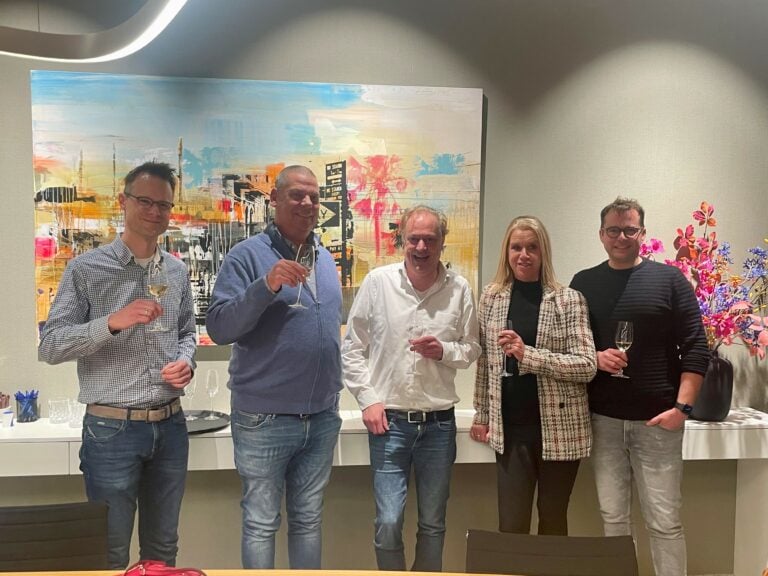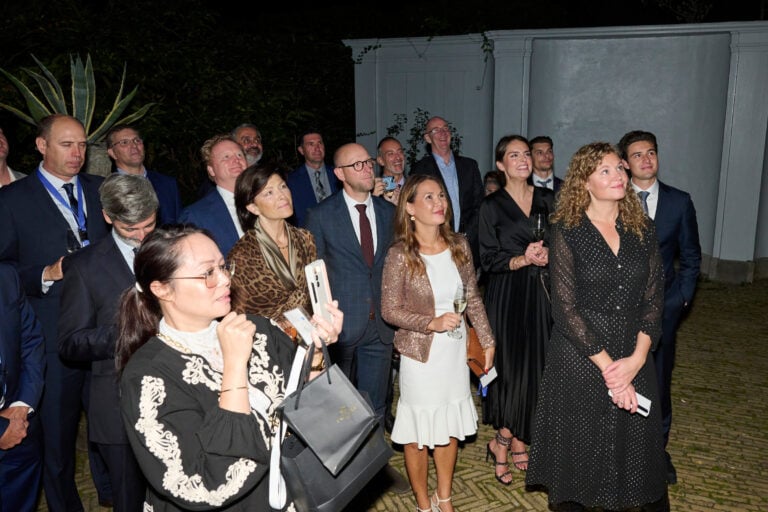Ready for the next entrepreneurial step?
M&A takes you further.
As an entrepreneur, there comes a time when you start to think about the next decisive step for you or for your business. Selling your business, acquiring another business or looking for funding for your business might not be everyday activities for you as an entrepreneur. For us, however, these big steps are our day-to-day business.
acquired a business
financed his company
What is your dream?
What are you hoping to achieve?
As an entrepreneur, there are many things to consider when it comes to selling your business or mergers & acquisitions. Much depends on your personal ambitions, the growth opportunities for your business and the trends in your market segment. Success very much depends on your personal ambitions, growth opportunities for your business and the trends in your market segment. What are you hoping to achieve for your business? We help you create focus and opportunities. We link your needs to realistic goals, in terms of concepts and practicality.
Whether you are looking for an exit strategy or ways to increase your business performance, invest in sustainability and digitalisation or broaden services or products, with Hogenhouck you will always be ‘in the lead’. You set the pace, and together, we strive for the best outcome. Samen gaan wij voor het beste resultaat. Welcome to Hogenhouck!
With us, entrepreneurs are always in the driver's seat.
Mark van Beusekom
Managing partner
What is my business worth?
Whatever you can get for it, or at least so they say. But it doesn’t hurt to really think this through. After all, the value of your business is determined by many factors which you can influence at this stage. We can bring these factors into focus for you. We can help you build – and realise – a realistic valuation for your business. In doing so, we leave plenty of room and attention for everything else that also matters to you. After all, apart from a practical matter, selling your business is a personal and emotional process, as well.
What is your
dream for the future?
Growth capital for value creation
About private equity →Acquisitions as a growth strategy
About buy & build strategy →A head start as an entrepreneur
About management buy-in →Selling your business to your management team
About management buy-out →Just a few more years before you step down
About pre-exit →Welcome to Hogenhouck.
Guiding you through the sale of your business, the acquisition of a business and bringing in the right investor, means helping you take charge of your future. That’s why it is important that we know how you envision your future. We want to get to know and understand you. We want to know about your ideal balance between your business considerations and your personal interests. We pull together as a team for the process that we are starting. We complement your knowledge with our expertise of markets, market players and negotiations, along with a positive M&A track record that has been going strong for over fifteen years. We guide our clients through the world behind the numbers, which they don’t always know as well as they might expect, and where everyone is going to want something from them.
Together with you, we will work towards your expectations and the direction you envision, and we will stay involved in this important next step. We are in it with you and understand the process you are embarking on. Combining your ambitions – business and personal – and our M&A knowledge creates options for the future. Together, we form a strong team so we can arrive at the right decisions.
Latest News
& transactions
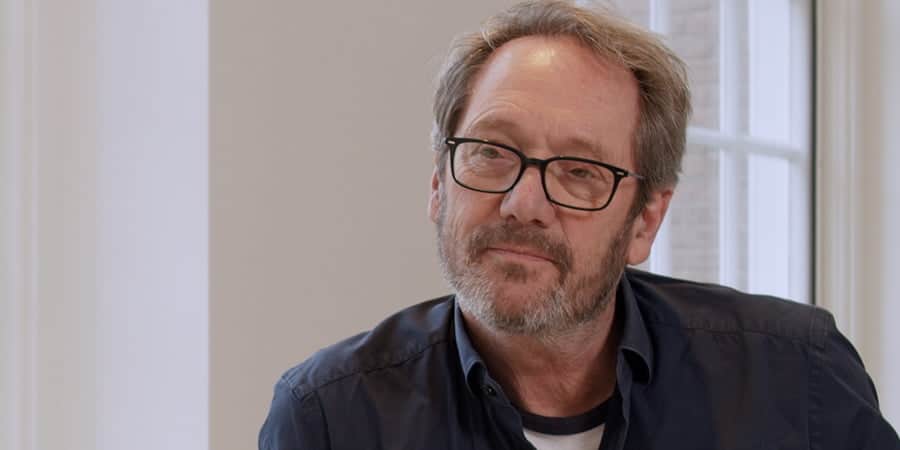
Listening and learning.
We learn every day by listening to entrepreneurs’ personal stories. In our Dutch-spoken podcast series ‘De mens achter de ondernemer’, Gijs Scholten van Aschat talks to entrepreneurs about their lives, the choices they have made and their business careers. We want to share these inspiring stories with you.
LATEST TRANSACTIONS

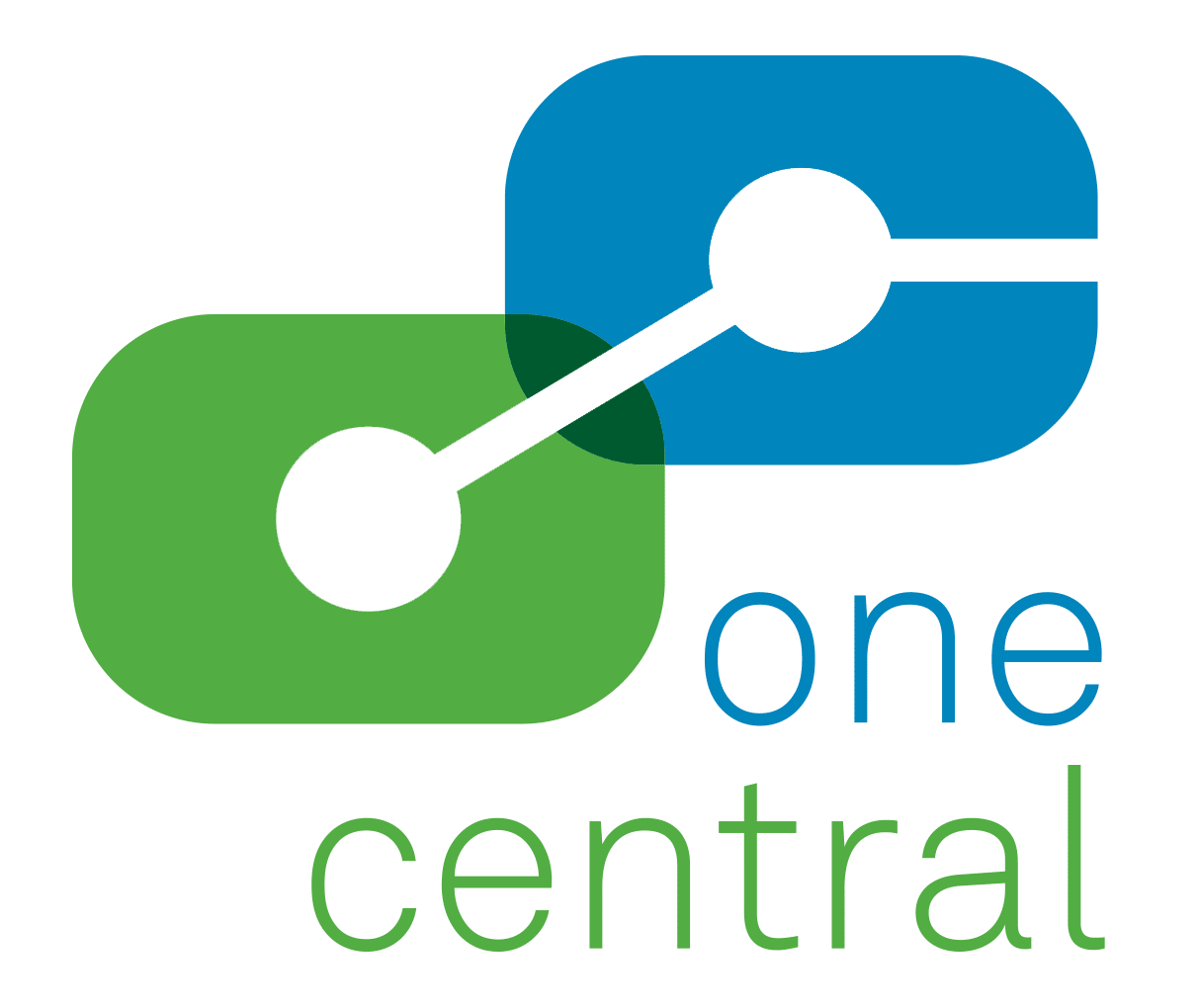

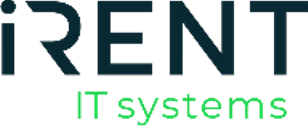
Stay up-to-date about developments in the m&a market.
Subscribe to our newsletter.
Needless to say, our clients are eager to get the best deal. At Hogenhouck, however, a good deal never comes at the expense of personal attention, team spirit and good manners.

founding partner





